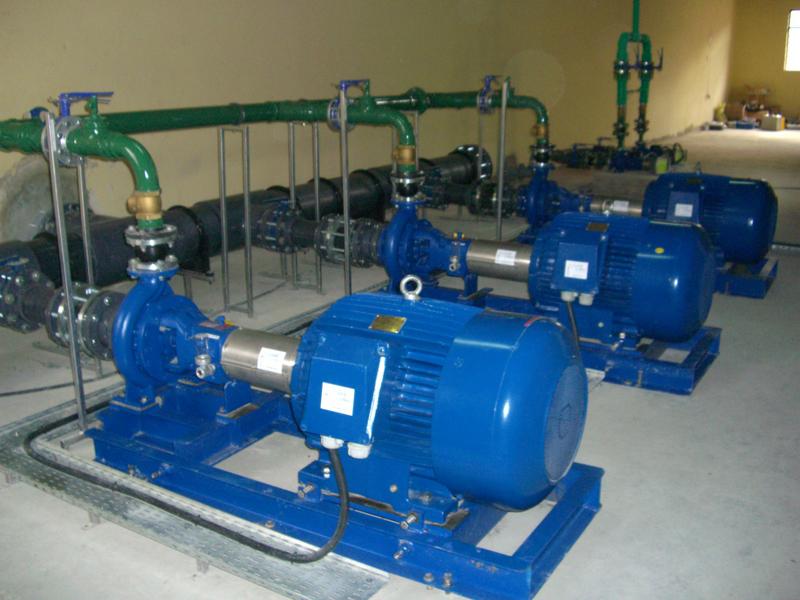
Everything You Needed To Know About Transfer Pumps
Sometimes water acts like the inert matter it is and just stands in one place which is great, except when you want it somewhere else. Maybe your pool or aquarium need to be drained or something else needs to be completely water-free and this is where transfer pumps can do all the work for you. Plus, transfer pumps for water work better and will make your life way easier. Like the name implies, these pumps are used to perform liquid transfers from one place to another, however they serve for a variety of other tasks and are among the most useful household items you’ll ever own.
First of course, it’s obvious that not everyone is prepared for a flood, right? One’s level of flood preparation most of all depends on the location. If you live in a region or even a neighborhood prone to floods, the transfer pumps for water should definitely be one of your golden items. However, floods aren’t the only occasion during which you might need a transfer pump for. They are also ideal for draining your garden pond, your hot tub, for lawn sprinkling or even for draining shallow flooded areas.
Additionally, you can also drain water heater by hooking a hose up to the outlet and letting it go, or you can clean your backyard pool connecting your pump hose with the pool – simple, quick and easy. Also, rather than an automatic pump, using a manual transfer pump regularly will keep your basement dry and storage-friendly if your neighborhood is prone to floods.
Keep in mind that these pumps can be trusted with other liquids as well, such as oils and gasoline for example. However, it’s really important to note the following: if you are pumping these types of fluids, make sure that the pump you buy is equipped to move such liquids. Most transfer pumps are designed to move water, so if you need an oil transfer pump ask for it at the store. These pumps usually have special components to them, such as pressure gauges for safety monitoring and noncorrosive agents to prevent the damage that could occur from the chemicals.
Finally, before you purchase the pump, think about what type of engine you’ll need: electrical, petrol or diesel powered. Normally, transfer pumps for home use are electrical, while the ones that are used on large properties such as in farming, construction or by professional contractors are powered by petrol or diesel – that’s because they perform longer and with more power.


No Comments